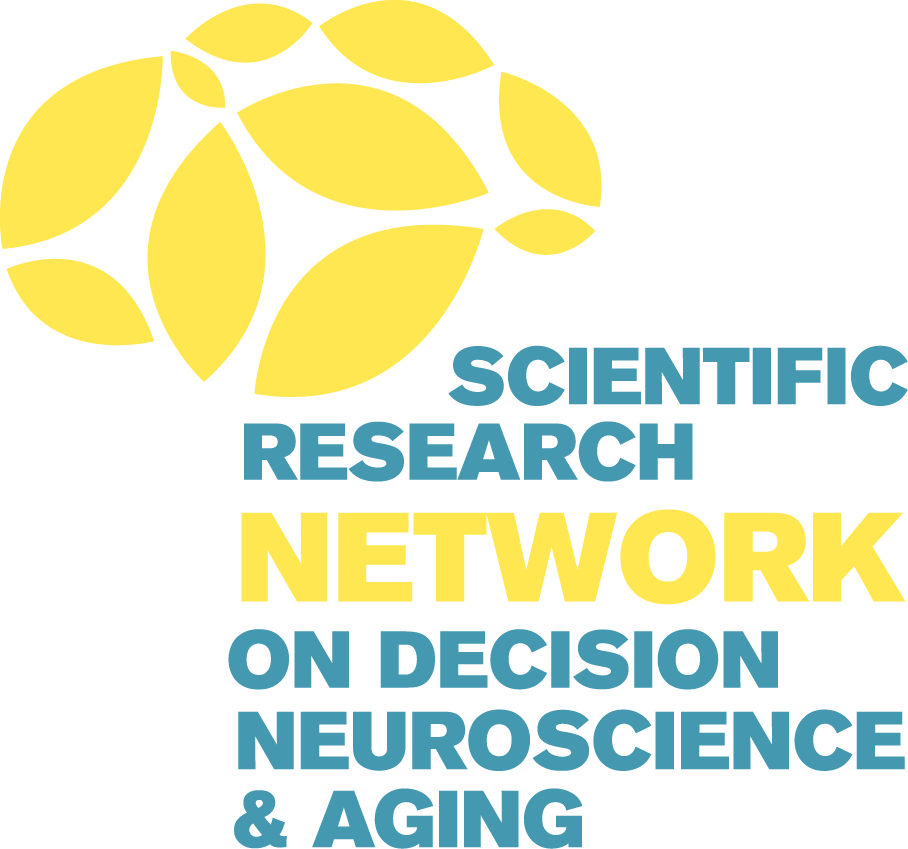2024 Pilot Grants






Exploring Risk Tolerance and Decision-Making Across Contexts: Implications for Healthy Cognitive Aging and Alzheimer’s Disease
Eliany Perez (UF Psychology), Adam Barnas (UF Psychology), Natalie C. Ebner (UF Psychology), Peter Kvam (UF Psychology), Dawn Bowers (UF Clinical and Health Psychology), Steven M. Weisberg (UF Psychology)
The propensity to engage in exploration or exploitation during decision-making reflects a critical risk-reward calculation that undergoes significant changes with age and cognitive decline, especially in Alzheimer’s disease and related dementias (ADRD). This project seeks to elucidate the nature of this shift in spatial navigation—an ability crucial to independence and safety in older populations. Building on preliminary findings that suggest a correlation between explorative behaviors in gambling tasks and novel shortcut selection in younger adults, we aim to investigate whether older adults and those with subjective cognitive decline (SCD) exhibit a preference for exploitation strategies, reflecting decreased risk tolerance. We integrate computational modeling, virtual reality, and cognitive psychology to examine explore/exploit navigational decision-making. By utilizing a modified Iowa Gambling Task alongside a virtual navigation task, we will capture nuances in risk tolerance and strategy preference beyond conventional assessments. This project will involve 100 older adults and 50 individuals with SCD, utilizing a robust database and a recruitment strategy designed to ensure a representative sample. The outcome is a model of age- and ADRD-related decision-making shifts, contributing to targeted interventions for cognitive decline. By advancing our understanding of explore/exploit dynamics and their impact on spatial navigation, this work aims to improve the independence of older adults, while providing a foundation for future research into the neurological underpinnings of these behaviors. The project’s focus on sharing data and methodologies will promote reproducibility and broader analysis, advancing the field toward more effective strategies for managing the challenges of aging and cognitive impairment.




Impact of Neurophysiological Aging and Discrimination on Social Decision-Making and Relationship Building
Ruofan Ma, Kelly S. Giovanello, Margaret A. Sheridan, Kristen A. Lindquist
Department of Psychology and Neuroscience, University of North Carolina at Chapel Hill
With maturation, adults show significant shifts in social decision-making. Older adults are disproportionally vulnerable to decisions with suboptimal financial or health outcomes when they miss cues of untrustworthiness in others. Meanwhile, failure to perceive benevolence or keep trustworthy relationships is associated with social isolation and loneliness, which is a specific concern for older adults and carries risks for all-cause mortality and AD/ADRD. One often overlooked mechanism of age-related differences in social decision-making is interoception, regulated by the allostatic-interoceptive brain network (AIN) and reflecting bi-directional communication between the brain and the body. Interoception is essential to adaptive social decisions because judgments of others often rely on affect (or how we “feel”). Aging is well-known to decrease interoceptive accuracy (i.e., acuity for sensing interoceptive sensations), but the subsequent implications in older adults’ vulnerability in social decision-making is unclear. Moreover, discrimination disrupts interoception, but it is unknown what effect discrimination may have on interoceptive functioning as individuals age. By extending data collection on an on-going multimodal study of adult lifespan participants, this study examines whether age-related shifts in functional connectivity within the AIN are associated with altered social behaviors, using a novel social decision-making task that captures individuals’ responses in a declining relationship. The study also tests how experiences of discrimination may moderate the association between age and AIN connectivity, which in turn, alters social decision-making and perceived social connectedness.

You must be logged in to post a comment.